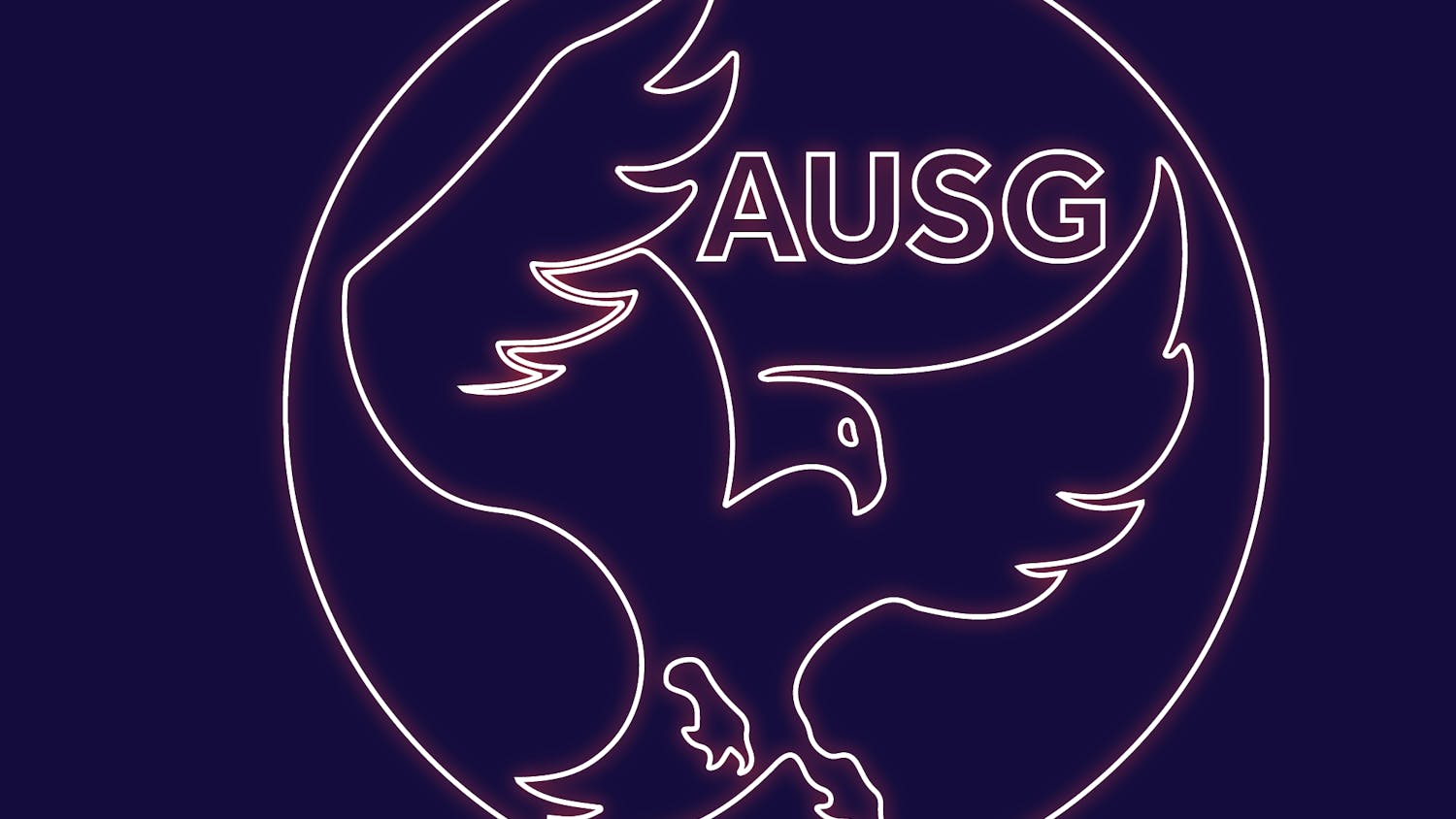A Pennsylvania student loan agency exploited a federal subsidy program to receive $34 million from the government, according to an audit report issued last week from the inspector general of the U.S. Department of Education.
The Pennsylvania Higher Education Assistance Agency had been ineligible for the money it received between July 1, 2003, and June 30, 2006, according to the report.
Before 1993, a loophole in federal law allowed loan agencies like PHEAA that used tax-exempt bonds to fund the loans with a guaranteed a 9.5 interest rate.
The interest rates were then subsidized by the government, according to Inside Higher Ed, an online news source focused on higher education.
Although Congress attempted to close the loophole, many agencies worked around it by recycling loans from before 1993, Inside Higher Ed reported.
The report's findings of noncompliance were regarding "eligible taxable obligations and ineligible tax-exempt obligations," which the Pennsylvania Higher Education Assistance Agency treated in the same matter, causing a loophole.
The agency provides financial aid to Pennsylvania residents. Jessica Arencibia, a junior in the School of Communication, said she received grant money from Pennsylvania Higher Education Assistance Agency, but it only totaled $100.
The money belongs to the taxpayers, and the agency holding on to the money was ridiculous, she said.
The inspector general's office called on the agency to return all overpayments and stop its current practice of billing for ineligible loans, according to the report.
The subsidy guaranteed the agency a 9.5 percent minimum rate of return on all eligible loans.
Nick Jonczak, a sophomore from Pennsylvania in the College of Arts and Sciences, said without the grants he receives from the agency he would not be able to attend such an expensive university.
"I don't see anything wrong with them being able to make money off of that in so far as they funnel that money back into creating better programs," he said.
This was a very high standard in today's economy, said Robert Losey, a professor of finance and real estate in the Kogod School of Business.
"I tend to agree with the inspector general that the agency was being unduly benefited," Losey said.
The agency issued a response to the audit, stating many of the department's findings were "significantly flawed," and it had complied with all department regulations in obtaining the funds.
The inspector general's findings indicated that such subsidies were no longer necessary.
The Federal Family Education Loan program was created in the 1980s to improve returns on loans above what was generated solely from lending to students and entice the agencies to continue offering financial assistance to students.
"In today's market, where [Treasury] bills yield less than 4 percent, [Treasury] bonds less than 6 percent and junk bonds typically less than 9 percent, the 9.5 percent the PA student loan agency received was ridiculously high," Losey said.
Treasury bills and bonds are debt-financing tools of the federal Treasury Department sold to investors at a lower price than face value, allowing for risk-free investment, according to the U.S. Treasury Department's Web site.
Agency officials defended its conduct, saying in a letter they were confident it had complied with the law and regulations that existed at the time.
All funds obtained from the Department of Education were used to further the agency's "not-for-profit and state-mandated public mission to enhance post-secondary education," including the Pennsylvania State Grant Program, according to the letter.




